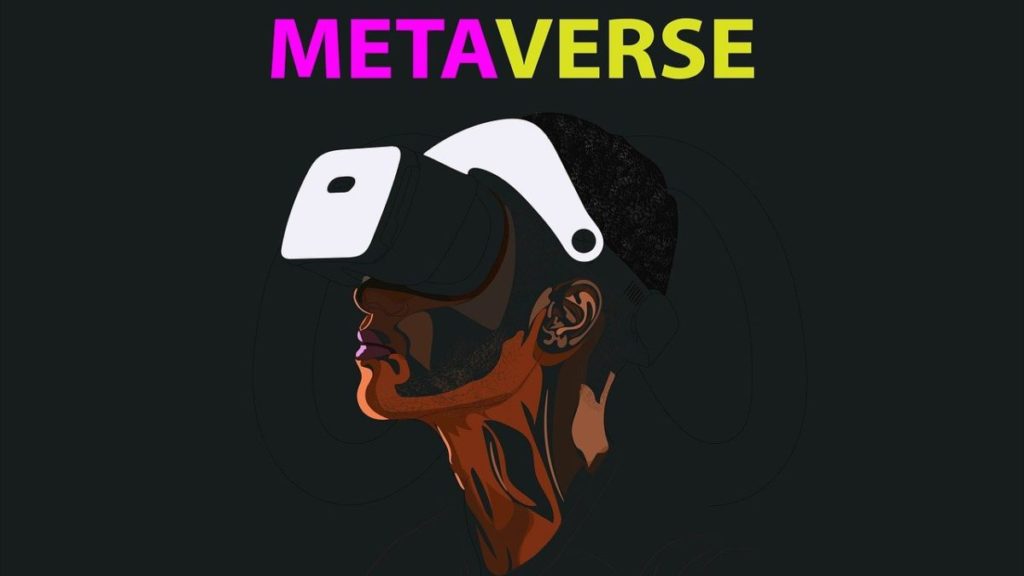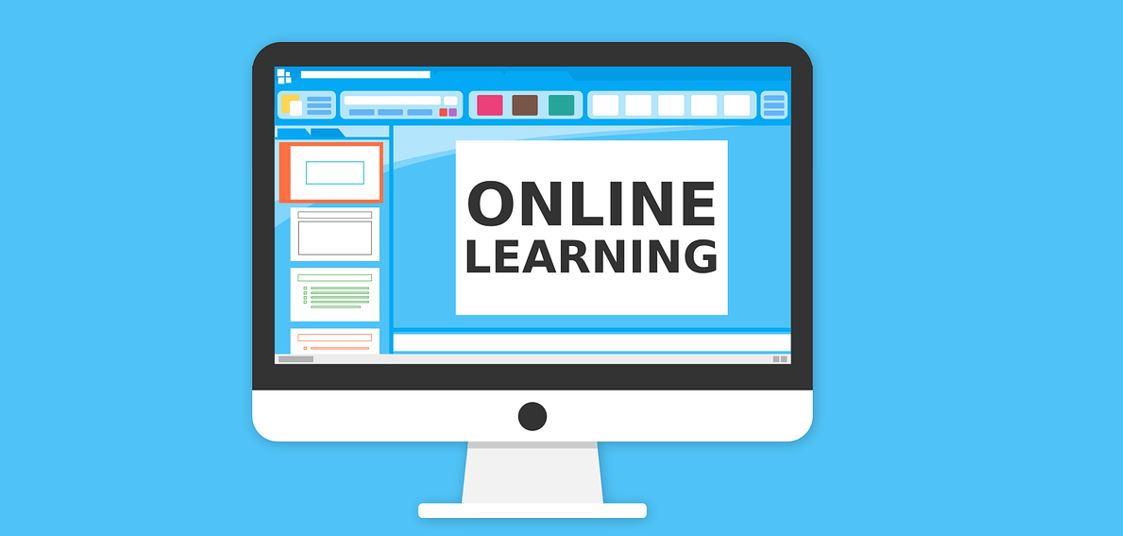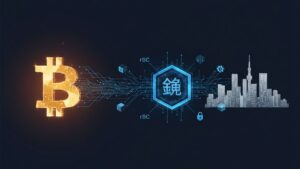The University of Tokyo, also known as Todai, is bracing up to embrace the metaverse mania, conducting a variety of its study programs in the virtual world by the end of this year.
Metaverse is disrupting the way traditional internet is consumed. The metaverse coupled with other Web 3.0 technologies have brought in a new era of the internet. Institutional companies along with start-ups are experimenting with the digital world vehemently. Multi billion dollar companies including, Boeing, UPS, Samsung, PwC, NVIDIA, among others have already pledged their allegience to this emerging technology. Not just companies, but public figures such as celebrities, atheletes, political figures, seem to have been smitten by the metaverse.
University Programs in the Virtual World
According to a report from local news outlet, The Asahi Shimbun, The University of Tokyo will start offering a diverse set of courses for a wide range of audience targeting junior high school students to those already in the workplace. The key objective of the courses will be to provide educational programs in the metaverse. The program will operate under Todai’s faculty of Engineering and engineering-related graduate schools rather than the university’s dedicated staff.
Todai has come up with the initiative in a bid to address the shortage of skilled workforce to handle digital transformation and to keep people abreast of the advanced technologies. As per the University, the programs also aim at female students as they “remain poorly represented in university engineering programs.” A university official was quoted saying,
“The metaverse would allow for creating an educational system in which anyone, regardless of age, gender, social standing and area of residence, can learn about engineering and information science.”
The Metaverse Program Will Boost Re-Skilling Opportunities
The report also suggested that students from other universities will also be able to access the Todai metaverse to search for information about possible careers in engineering. Online and face-to-face classes will be offered to junior and senior high school students along with their parents to give them an idea of college engineering courses.
The students will also be able to take part in practical learning through the cooperation of companies involved in such areas as product development. For university students or those already in the workplace, the project will boost reskilling opportunities. Online courses will be offered in such areas as artificial intelligence, entrepreneurial education and next-generation communication technology. Students who complete the courses successfully, will be awarded cerificates.












